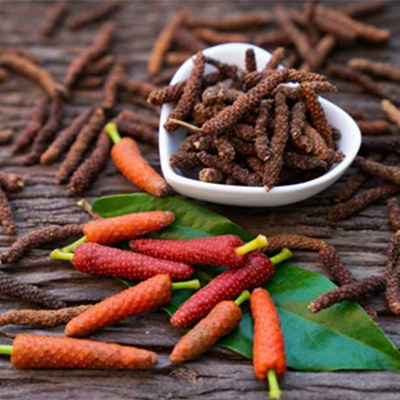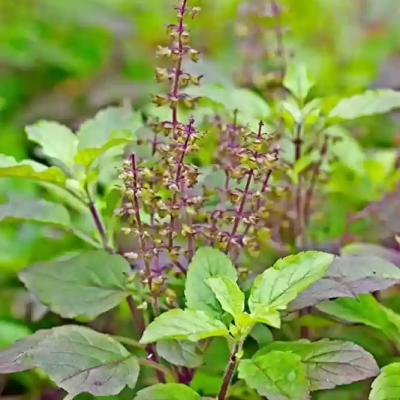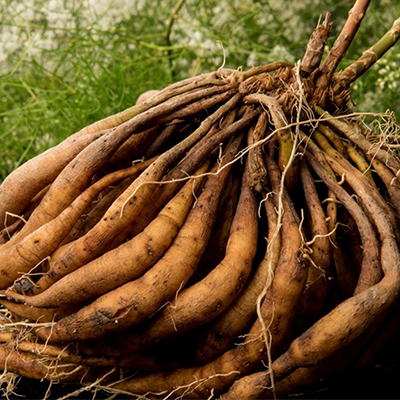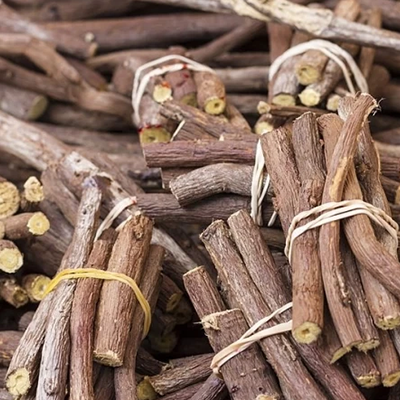- +033 2572 7171
- info@dhanvantary.com

4.5 Rating | 4500 Review

4.5 Rating | 4500 Review
Shwas in Ayurveda literally means difficulty in breathing . According to Modern medical science, Asthma is a chronic respiratory condition where airways ( mainly bronchi) become inflamed and narrowed, leading to difficulty in breathing. The airways may become swollen and produce extra mucus, further obstructing airflow. Hence it is commonly known as Bronchial Asthma.

In Ayurveda, asthma is referred to as Shwas (breathing difficulty), specifically Tamaka Shwasa for chronic asthma. It is considered a disorder caused by the imbalance of Vata (air) and Kapha (mucus) doshas, leading to obstruction in the respiratory channels (Pranavaha Srotas).
Severe difficulty in breathing.
Difficulty in inhaling.
Breathing with interruptions.
Mild and less frequent breathlessness, like shortness of breath after exertion.
Chronic and recurrent form, closely resembling modern science bronchial asthma.
Triggered by allergens like dust, pollen grains etc.
Triggered by irritants like smoke or cold air.
Occurs during or after physical activity.
Triggered by workplace irritants like chemicals, paints, chalk powder etc.
Exposure to allergens and irritants like pollens, dust, cold, damp environments, and inhalation of dust or smoke, pollutants, pet hair, chemicals etc.
A family history of asthma or allergies.
Excessive consumption of heavy, cold, oily, and Kapha-aggravating foods like dairy.
Especially Vata and Kapha. Kapha accumulates and blocks airways, while Vata causes spasms.
Which further creates toxins (Ama) that block respiratory pathways.
Stress and anxiety, which aggravate Vata.
Winter and rainy seasons aggravate Kapha and Vata.
Difficulty in breathing (shortness of breath).
Wheezing sound during breathing.
Heaviness or tightness in the chest.
Coughing with or without mucus.
Fatigue and difficulty in exerting oneself physically.
Aggravation of symptoms in cold or damp weather.
Warm, and easily digestible foods : Soups, warm vegetable broths, cooked leafy greens.
Spices that balance Kapha and Vata : Ginger, turmeric, black pepper, cumin, cinnamon, and cardamom help in clearing mucus and improving digestion.
Herbal teas or hot infusions : Made with tulsi (holy basil), ginger, liquorice, or cinnamon help reduce congestion.
It helps in loosening mucus and clearing respiratory pathways.
Cold drinks and refrigerated food : These increase Kapha and make digestion sluggish.
Fried foods : They are heavy and difficult to digest, increasing Ama (toxins).
Cold and heavy Foods : Dairy products like yogurt, cheese, and ice cream can increase Kapha and mucus.
Allergens : If allergic to specific foods (e.g., nuts, shellfish), avoid them as they can trigger attacks.
Wake up early (before sunrise) to follow a routine that aligns with the natural cycles of the body.
Pranayama (Breathing exercises)
Practice Anulom Vilom (alternate nostril breathing)
Oil massage (Abhyanga) with warm sesame oil.
Steam inhalation with essential oils like eucalyptus.
Stay in a warm, dry environment as cold and damp weather can aggravate Kapha.
Avoid smoking and tobacco , and avoid areas with passive smoking or heavy pollution.

Known for its cooling properties, amla helps in reducing excess acidity and promotes healing of the stomach lining.

It is a bronchodilator which reduces inflammation of the respiratory tract.

It is anti-inflammatory and reduces chest tightness, clears mucus, and promotes easier breathing.

It is also an anti-inflammatory that reduces congestion and clears the tract off mucus.

It soothes the respiratory tract, reduces coughing, and helps clear airways.
